By Sudarshan Pyakurel
On September 8, 2023, at the Scandinavian House in New York, the Peace Initiative Bhutan (PIB) achieved a momentous milestone by organizing its inaugural United Nations General Assembly Side Event. Named “Voices of Resilience: Building Bridges for Peace in Bhutan,” this event underscored PIB’s unwavering dedication to finding a peaceful resolution to the 1990s conflict. This conflict resulted in the forced displacement of approximately one-sixth of Bhutan’s population, primarily the Lhotshampa, a Nepali-speaking Hindu minority. These evictions were executed under the pretext of Bhutan’s “One Nation, One People” policy.

For 33 years, since the establishment of the first refugee camps in Midhar, situated on the banks of the Mai River in Jhapa, Nepal, Bhutanese refugee camps continue to exist even till today. While a significant number have successfully resettled in eight Western countries, with the United States accommodating over 92,450 refugees since 2008. Many who got resettled have now become citizens in their adopted homes, yet they still face mental health challenges and barriers to visiting their homeland or reuniting with their separated families in Bhutan.
During a period in the 1990s which marked by political upheaval and protests, the government of Bhutan initiated systematic expulsion of the Lhotshampa community. Countless families were torn apart. Some chose to remain in Bhutan, while others fled for safety into the neighboring India and Nepal. After nearly two decades in the UN refugee camps, many saw third-country resettlement as their only hope, albeit reluctantly, as their initial desire was for repatriation. Unfortunately, the resettlement process further fragmented the community, dispersing them across ten different countries on four different continents.
As time has passed, life has gradually returned to a state of normalcy, with the younger generation adeptly embracing their new way of life. Many have become homeowners and established businesses, significantly contributing to the local economy. In fact, during the event, Tika Acharya, the CEO of AS Insurance, reported that there are now an estimated 5,000 small businesses in the US alone. This successful integration into mainstream communities sets them apart from many other resettled refugee groups.
However, the older generation continues to grapple with the pain of separation and trauma they endured. Unaddressed mental health challenges over three decades have left them reliant on their children to manage their daily lives. This suffering has also significantly affected the progress of the younger generation, resulting in documented cases of intergenerational trauma and a high prevalence of mental illnesses. This has unfortunately contributed to one of the highest suicide rates among all ethnic groups in the US.

Recognizing the need to address these unattended issues and alleviate their parents’ pain and suffering, the younger generation who are leading the social life in the US has come together to find a solution to the long standing, but a critical issue at hand. The United Nations General Assembly Side Event on September 8th at the Scandinavian House in New York represents one such initiative, serving as a call to action and a plea for international support. It reflects a conscious and collective effort to find a peaceful solution through dialogue and reconciliation.
In their pursuit of peace, PIB’s young leaders are forging alliances with global peace networks and stakeholders within the US and globally. This event builds upon their successful campaign in Washington, D.C., in August 2022, where they raised awareness of the issue with both chambers of Congress and the White House. To further their cause, they are actively working on Bhutan Resolution (US SR108) and H.Res. 228, currently under consideration in both the US Senate and Congress. Should these resolutions pass, it will mark a significant milestone in their advocacy efforts, bringing the plight of the “Forgotten People of Bhutan” to the world stage.
The United Nations General Assembly Side Event served as a testament to PIB’s ability to engage partners, including distinguished guests, scholars, community leaders, ambassadors, human rights activists, and fellow peace advocates. Notable attendees included Nepali Ambassador Deep Upadhyay, Dr. Danial C. Gbujie, Somnath Ghimire president of GPK Foundation, Dr. Gopal Siwakoti, President of the International Institution of Human Rights, Environment, and Development (INHURED International), Theo Dunfey, the Executive Director of Global Citizens Circles, Dr. Uzma Gul, UN representative, Hon. Dior Fall, the Global Goodwill Ambassador for Human Rights, a representative of the World Council on People for the United Nations (WCPUN),and Human Rights Watch, and numerous other dignitaries and scholars.

The panelists and speakers from the Bhutanese diaspora included Dr. Kumar Gurung, Tika Acharya, CEO of AS Insurance, Kamal Dhimal, President of the Global Bhutanese Hindu Organization (GBHO), Khara Timsina, Executive Director of the Bhutanese Community Association of Pittsburgh (BCAP), Tilak Rai, the Acting Chairperson of the Bhutanese Refugee Representative Repatriation Committee (BRRRC), and Ram Karki, founder of the Global Initiative on the Release of Political Prisoners in Bhutan and Mr. Karki joined the event via Zoom from Bhutanese Refugee Camps in Jhapa, Nepal, and Netherlands respectively.
The dedicated members of PIB who meticulously organized and orchestrated the event, including Sudarshan Pyakurel, the Chairperson of PIB, Suraj Budathoki, the Co-founder and President of PIB, along with PIB board members Dilasa Adhikhari, Dipisha CK, Aarti Chapagain, and Shristi Upreti, emphasized the gravity of the matter. They fervently urged the United Nations to address this pressing issue during the upcoming General Assembly, scheduled to convene from September 18th to September 26th, 2023. Collaborating with community leaders worldwide, these emerging youth leaders passionately advocate for peace and reconciliation as the viable means to address the enduring human rights issues that have plagued their parents’ generation for over three decades.
Support the New Americans magazine to continue to serve our community with precise news that affect the new American, immigrant and refugee community. https://paypal.com/donate/?hosted_button_id=8LHFS78NRNJJY&source=url



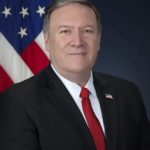


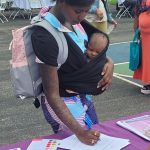








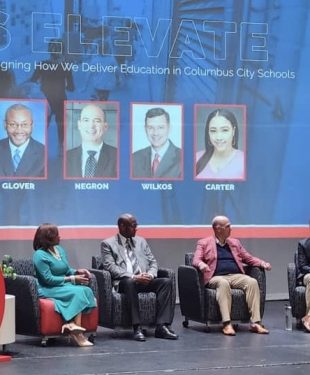
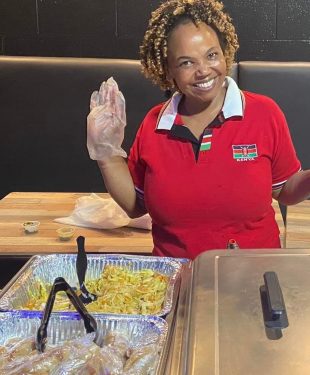
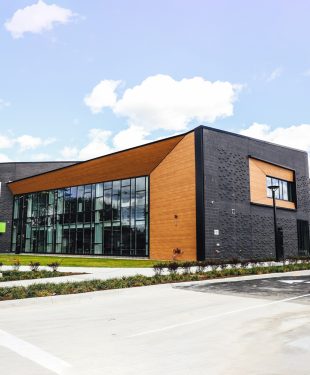

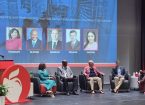







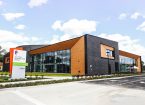


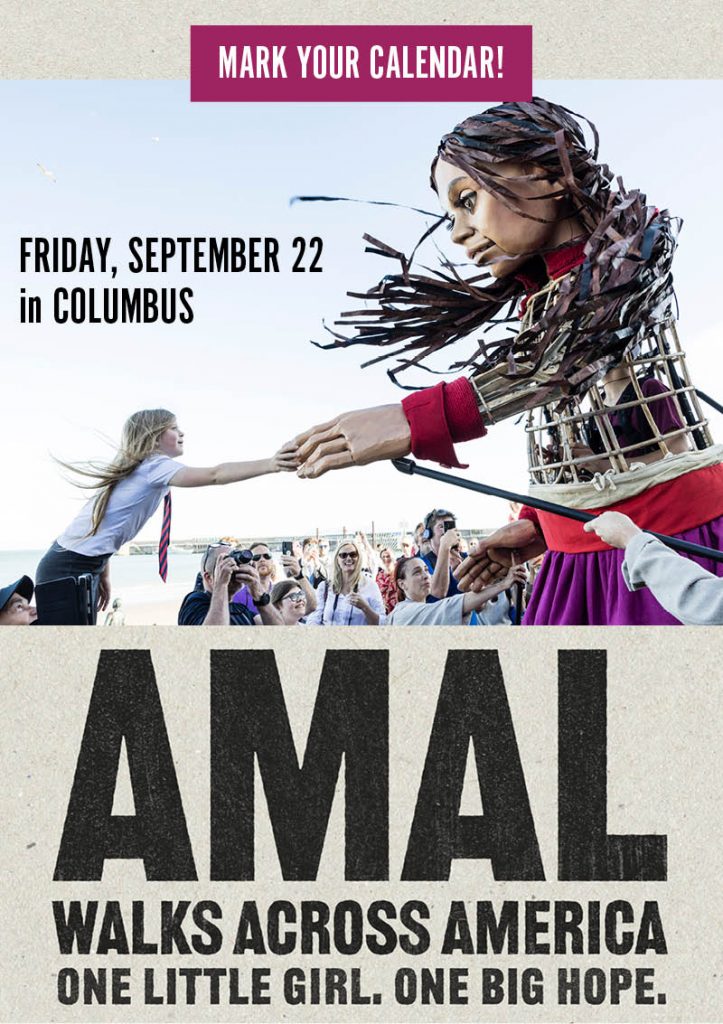




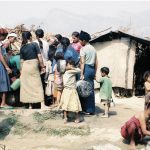
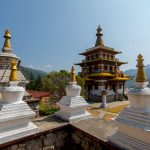
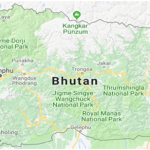
Leave a Reply
You must be logged in to post a comment.